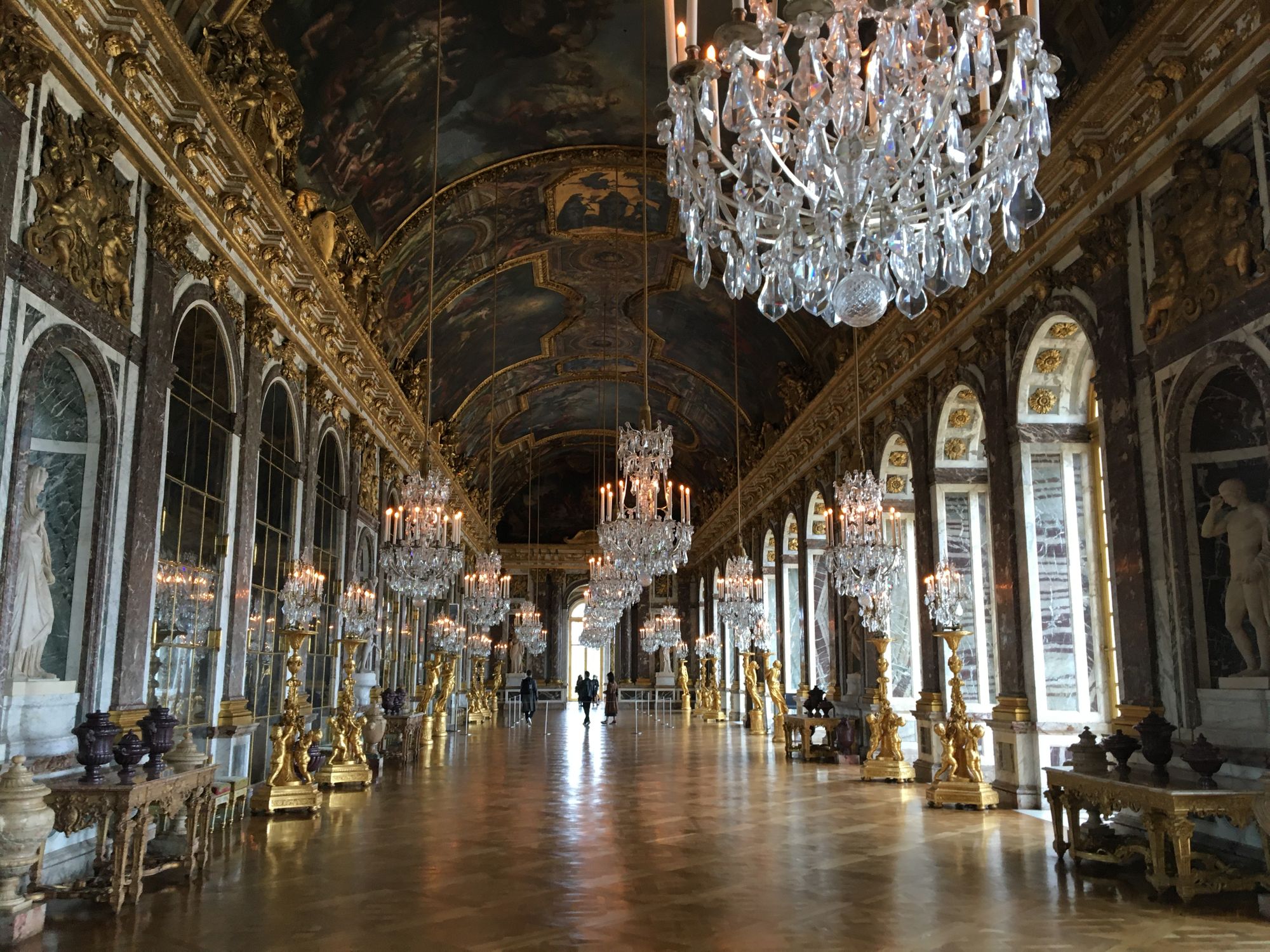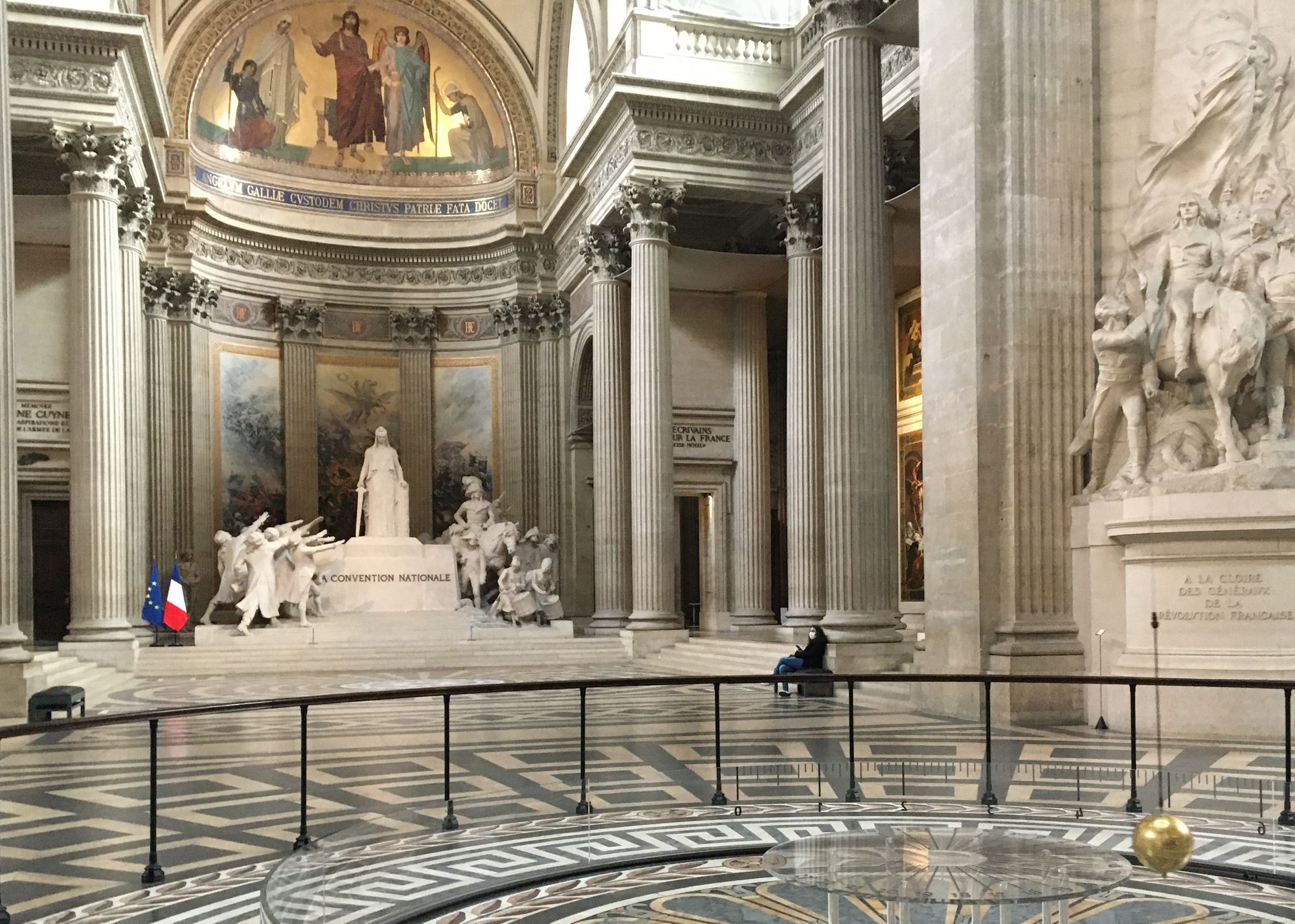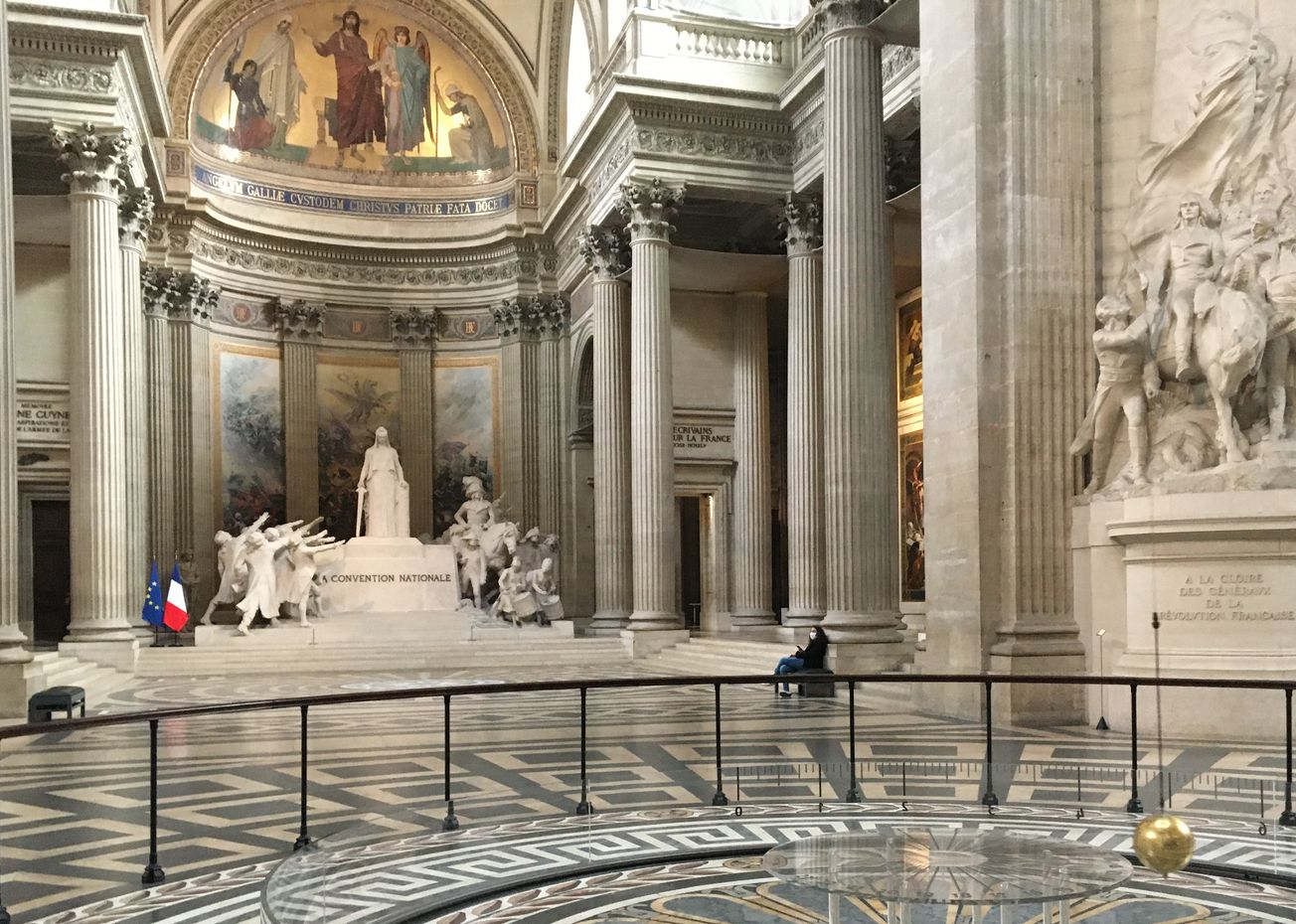By Xander Brett, Third Year, History of Art and French
The Croft Magazine // Through the works of historians and writers, Xander Brett discusses France's love for Philosophy.
13th December, 2020
At the end of the Second World War, the historian André Siegfried said that “wherever she goes, France introduces clarity, intellectual ease, curiosity, and a subtle and necessary form of wisdom”. Few things are as French as their love of philosophy. France is the country of Sartre and Camus. A nation where philosophers are given talk shows. Where books by philosophers are bestsellers. Where politicians use philosophical thought as the basis for speeches. Where philosophy is a compulsory subject for school pupils. In short, an entire population are obsessed with intellectual thought. But the Left Bank of Paris now lies a memorial to the ‘swinging sixties’. The intellectuals remain, but much of the old magic has disappeared. Once a haunt of singers, authors and poets, the cafés of De Flore and Deux Magots support a tourist fantasy, surrounded by high-end boutiques and non-descript restaurants.

Charles de Gaulle opened his war memoirs by announcing France as a country with a vocation for “eminent and exceptional destiny”. No matter how many revolutions spring up, France will assert ownership of their ideas. Russian Bolsheviks obsessed about the analogies between their revolution and the overthrow of the ancien regime. The Statue of Liberty, emblem of American freedom, was a gift from France. According to the historian Ernest Lavisse, France will forever feel “charged with representing the cause of humanity”. The French Revolution may have been fought against peasant aggrievances but, to the French, philosophical thought is inextricably tied to republicanism. With so many republics, the French are now permanently paranoid they’ve lost the special touch.
Philosophy is why the French obsess about such concepts as laïcité. As the essayist Émile de Montégut once said, “there is no people among whom abstract ideas have played such a great role”. While Britain, Germany and the United States focus their attention on pragmatism, the French take pride in asserting a different approach. Every business plan must include philosophical thought and drawn-out reasoning. I know from experience that studying History of Art in France is as much a study of philosophical insight than the techniques and historical timelines. But if philosophy is still important, why has France run out of creativity? The last century saw Paris produce such concepts as the nouveau roman, nouvelle vague, nouvelle histoire, nouvelle gauche and nouvelle cuisine.

Certainly, though France is now a pillar of the European project, its loss of empire made it retreat inwards. As in the UK, there’s a certain amount of imagination that France’s old position can return, embracing the Front National to make it happen. As De Gaulle once stated: “I prefer uplifting lies to demeaning truths”. Globalisation has arrived, but the French still fervently stand by their system. They admirably refuse English as the international language, even introducing quotas on the number of French language songs on radio stations. They continue to operate a culinary culture apart. What’s more, if Germany is the EU’s industrial hub, France makes sure everyone knows they’re the brains. If you notice one phrase in French newspapers, it’s the term ‘Anglo-Saxon’: the idea that northern Europe are a ‘world apart’. It sets France apart from generic ideas of ‘The West’. And it makes them feel just a little bit special.
Featured Image: Epigram / Xander Brett
Listen to Xander's weekly Burst Radio podcast 'Letters from Paris'.









